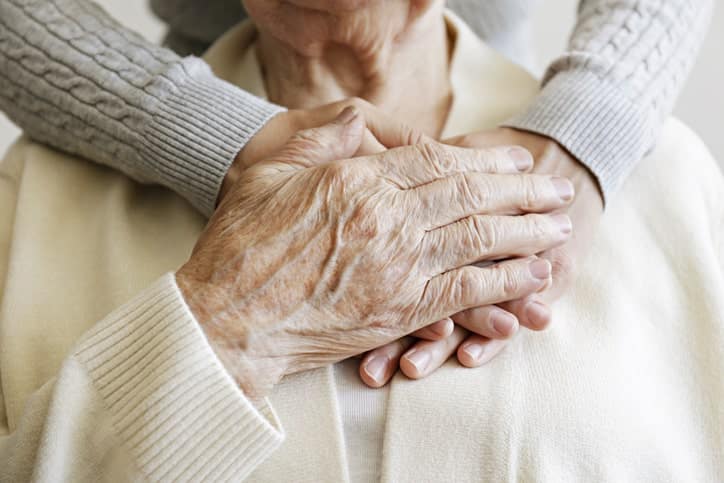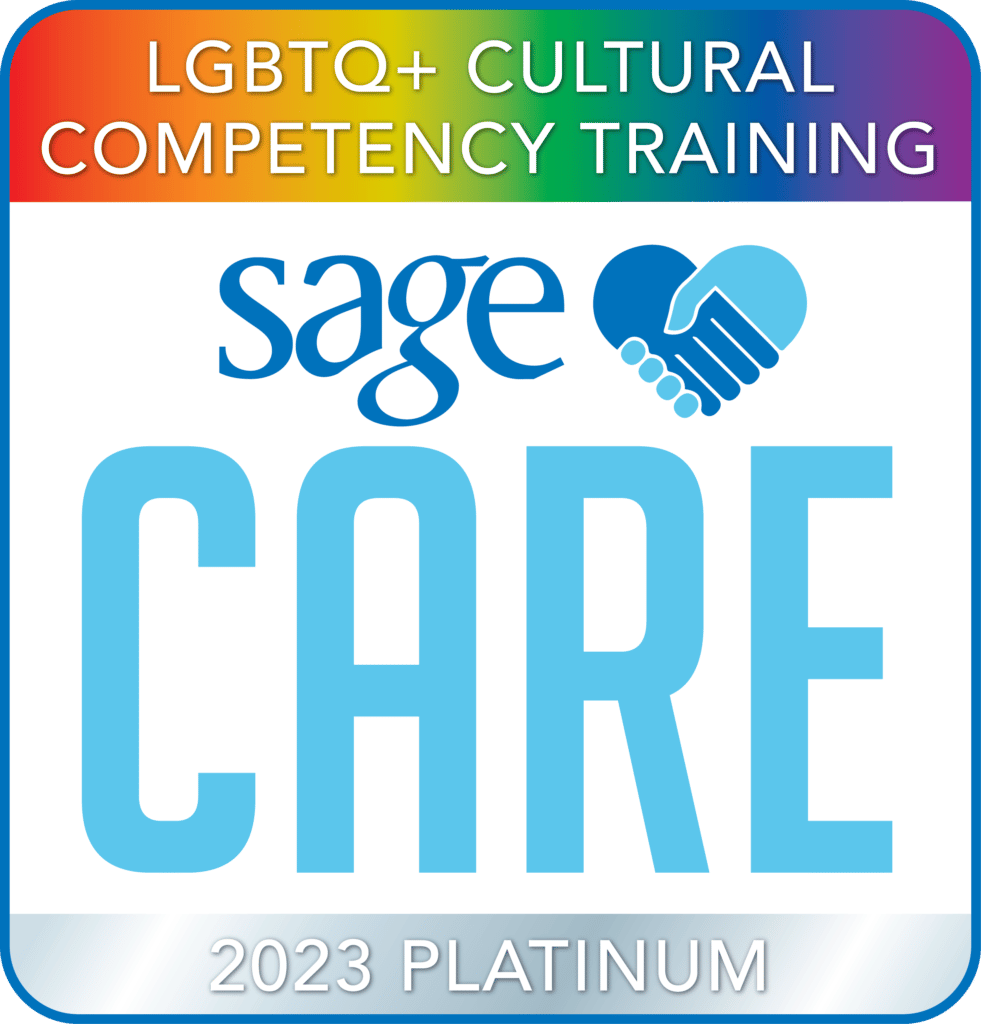Knowing the Difference Between Hospice and Palliative Care

Hospice and palliative care allows anyone with life-limiting illnesses to remain comfortable in familiar surroundings and fully supported by family and medical professionals. Navigating these services for your senior loved one can be overwhelming and tough to come to terms with, especially, if you are unsure of which care option best fits your loved one’s situation.
With that said, our Bridges hospice team in Pitman, NJ has compiled the similarities and differences between palliative care and hospice to help you make the most informed and compassionate decision for your senior family member.
What is Palliative Care?
Palliative care is a set of medical services designed to improve the quality of life for residents with serious illnesses and their families. This type of comprehensive care identifies, assesses, and treats symptoms, and has the opportunity to positively influence the course of the illness at hand. Health conditions that may benefit from palliative care include cancer and kidney disease. Professional palliative care can make a big difference if it’s started immediately upon diagnosis. It can also successfully manage any harmful side effects, ensuring a better quality of life.
In palliative care, a team of nurses, therapists and other health professionals address the needs of the resident and their family – often offering emotional support, spiritual support, and bereavement counselling, if needed. The palliative care team takes the time to get to know each resident’s specific needs and concerns in order to deliver the best care possible. They communicate often with the resident, as well as their loved ones, to ensure they are taking the right course of action, every step of the way.
What is Hospice Care?
Hospice is a valuable resource for people of all ages, but especially seniors and their loved ones. It provides comfort, care and support through the final stages of life. UMC’s hospice care neighborhood, Bridges, allows families to step back as caregivers and focus solely on spending quality time with their loved one. Our experienced and compassionate associates actively work to reduce hospitalizations for hospice residents, ensuring all of their needs (medical and otherwise) are met in a more comfortable, home-like setting.
The most common reason for avoiding hospice care is that it’s a very emotional and distressing time for senior loved ones and their families. It represents the final chapter of your loved one’s life, and we’d much rather focus on keeping them here. This type of care focuses on expert pain management, physical comfort, emotional and spiritual support tailored to your loved one’s needs and capabilities. Hospice may be difficult to accept, but the comprehensive and compassionate care of our hospice team will ensure your loved one is comfortable on all levels and at peace.
Hospice and palliative care in Gloucester County, NJ
UMC at Pitman provides both palliative care and hospice services through our specialty care neighborhood, Bridges. While both palliative and hospice care provide comfort, these services are very different.
In our Bridges neighborhood, palliative care can begin at diagnosis, and continue while treatment is administered to cure the disease. Hospice care, on the other hand, begins only after a medical professional determines curative treatment will bring no further improvement and the person is nearing their end of life.
If you are still unsure which type of care is best for your loved one, please give one of our senior care advisors a call today. We will take the time to discuss different options with you, and our on-site doctors can make their best recommendation for your senior loved one’s individual circumstances.
For more information on hospice and palliative care at UMC, visit our website at: https://umcommunities.org/pitman/





